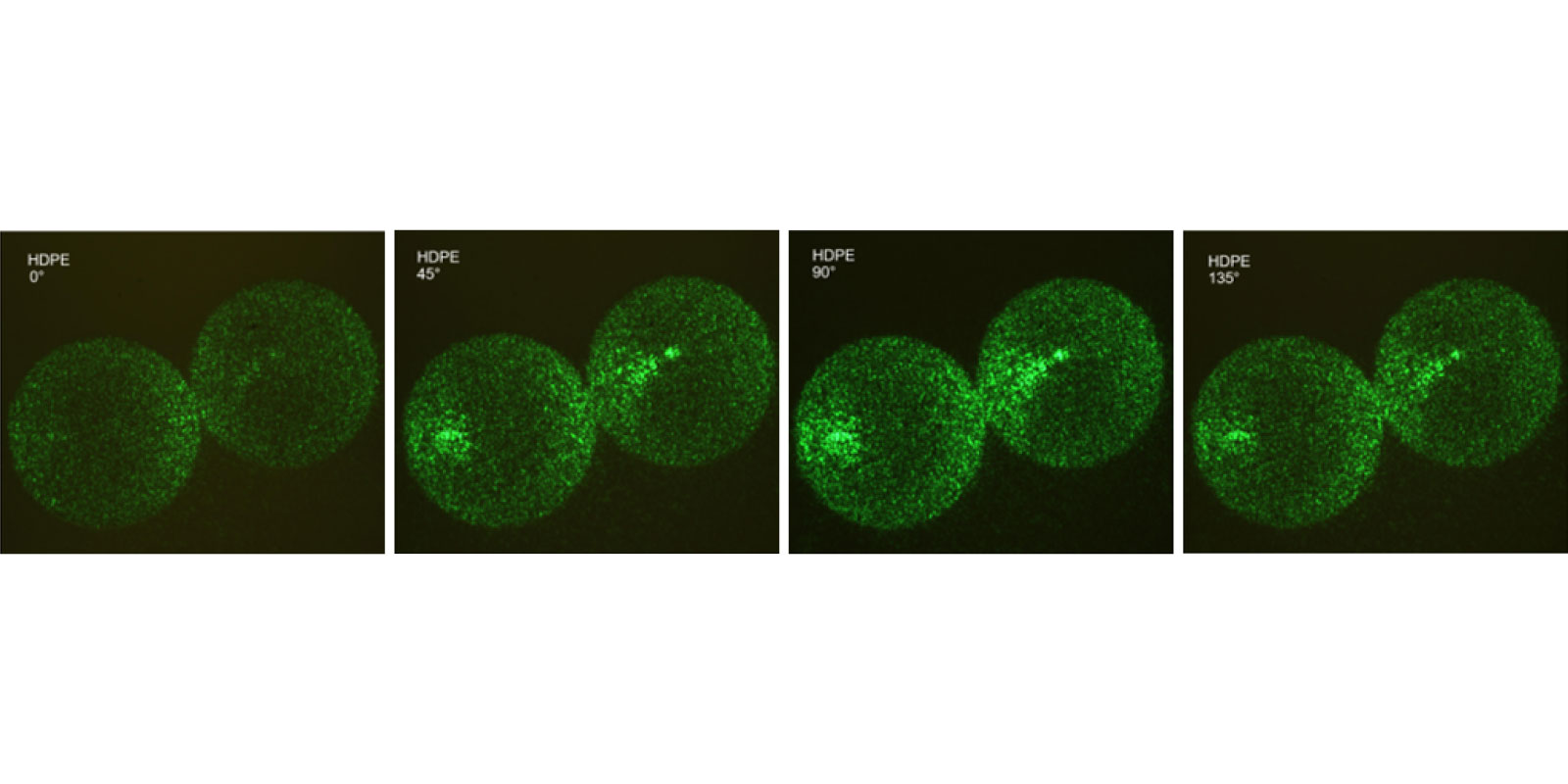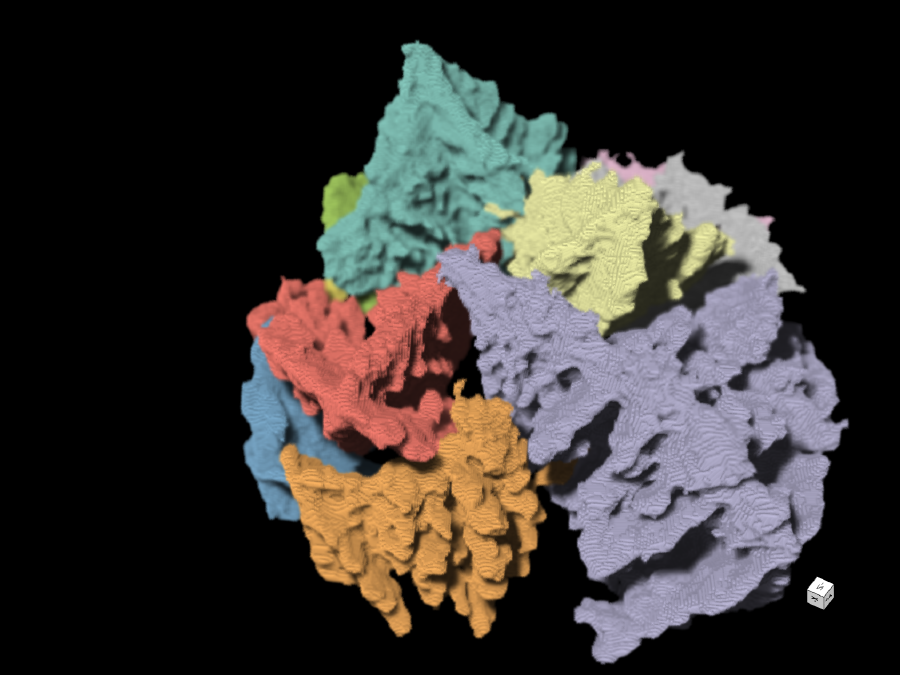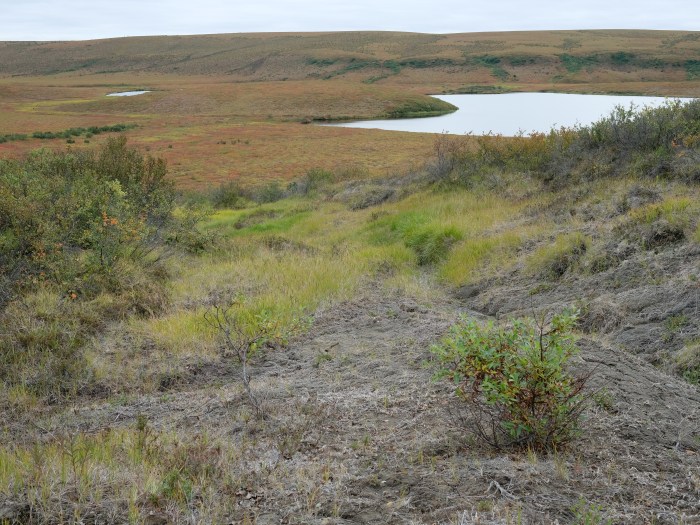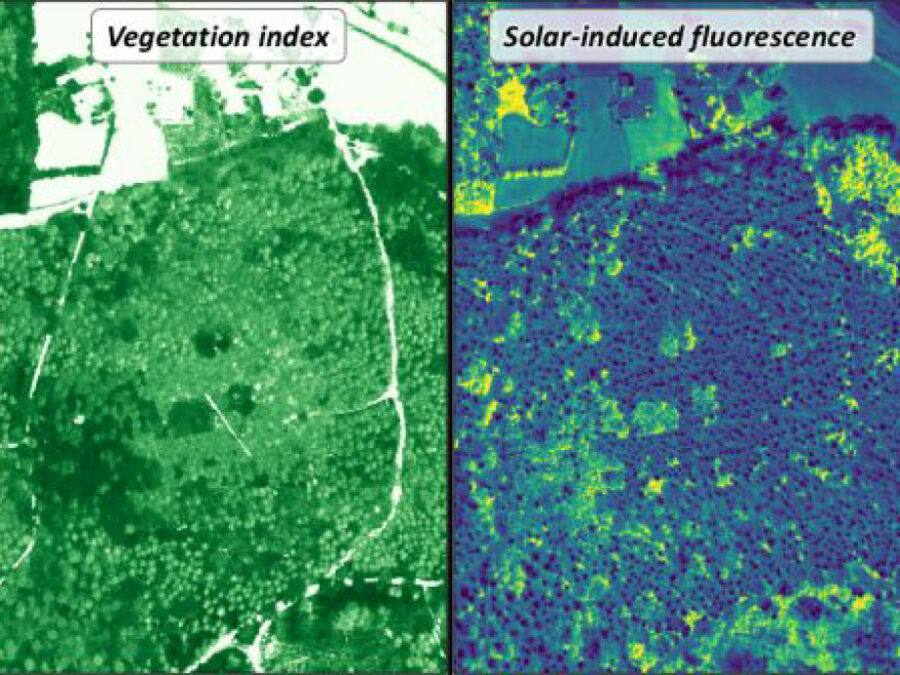PlastoView
Microplastic Detection with the PlastiScope

Maintaining clean water is critical for both environmental and human health, but pollutants like microplastics pose a growing threat. Traditional microplastic analysis requires costly equipment and complex sample preparation to remove organic material.
The ‘PlanktoScope’ has been widely used to detect biological material such as phytoplankton and zooplankton. However, it cannot identify microplastics.
This project enhances the PlanktoScope by integrating a reflection polarization method, enabling it to detect both plankton and various types of microplastics using new image-based algorithms.
The result will be a mobile, cost-effective system for global water monitoring, empowering communities and researchers to monitor water quality
Other projects
Avanti
X-ray tomoscopy of dynamic manufacturing processes
How can the manufacturing processes of materials be mapped at the smallest level? How do you train an artificial intelligence to analyze these processes automatically? That's the focus of the Avanti project, which aims to improve X-ray tomoscopy – the imaging and quantification of three-dimensional images of very fast-moving processes.HIT Permafrost
The Hidden Image of Thawing Permafrost
The project aims to develop a method for determining just how extensively thaw processes have already progressed in permafrost regions. The machine learning approach to be developed will be used to analyse radar images from aircraft in order to learn more about the properties of the subsurface permafrost.3DforestSIF
Understanding the solar-induced fluorescence (SIF) signal of natural, complex tree canopies
3DforestSIF seeks to correct airborne solar-induced fluorescence (SIF) data from forests for canopy structural and illumination effects, providing valuable insights for the early detection of forest stress.

